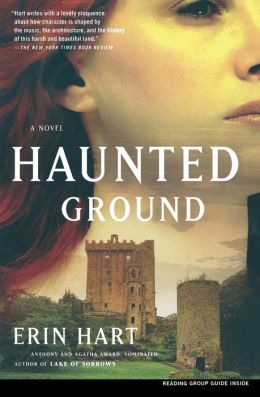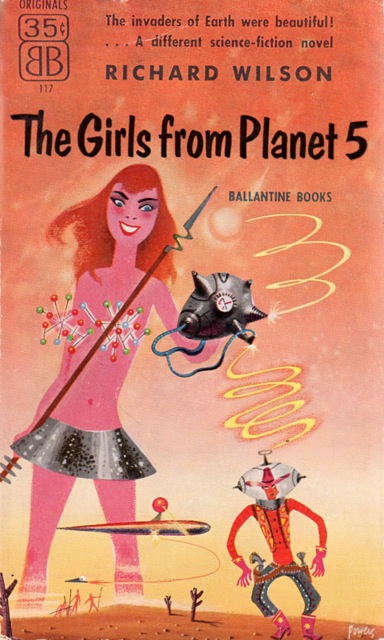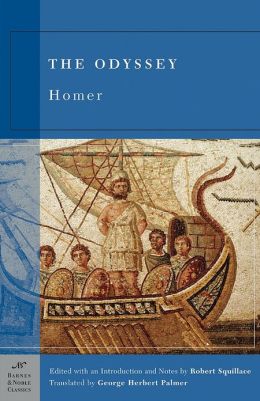I can't imagine a worse nightmare than being locked up in an Iranian prison for a crime I didn't commit. On January 31, 2009, that's exactly what happened to Roxana Saberi, an Iranian-American journalist working in Iran. She was accused of being a spy, interrogated, and imprisoned in Iran's Evin Prison for one hundred days. Through this experience she "saw the dark and bright sides of human nature, including my own."
I appreciated Saberi's candor about her experiences in prison and the choices she made there, both good and bad. As she tells her story, she balances the time she spent in Evin Prison with the other, happier, six years she spent living in Iran before being arrested. Her writing is straightforward and forthright, her story compelling. Reading this book really made me appreciate the country I live in and the freedoms I enjoy here. Saberi writes about these freedoms as well:
"Now that I had been deprived of freedom, I valued it more than ever. Freedom to interview people and to write a book about them without being thrown in jail. Freedom to tell my parents my whereabouts. Freedom to use the bathroom when I wanted, to read a book, to have a pen and paper. Freedom to walk without a blindfold and to shut off the lights at night. Freedom from coercion to make a false confession and to spy in exchange for my release. The right to be presumed innocent until proven guilty, to remain silent, to have a lawyer."
As much as I appreciated Saberi's story, it was the other women she met in Evin Prison that moved me the most. So many women, innocent of any crime, imprisoned just for "their peaceful pursuit of basic human rights or for their beliefs." I admire their faith, their integrity, their hope, their kindness and humanity, and the inner strength they somehow found to endure the unimaginable. They offered Saberi friendship along with some wisdom and advice to help her endure this trial in her life. It's advice that can apply to all of us.
- We choose what we do and say here...we do what we think is right. By doing so, we are taking one step toward God, and we believe He will then take ten steps toward us.
- We are trying to turn this challenge into an opportunity.
- We can make paradise for ourselves even in hell.
See what I mean? This is a thoughtful, powerful, and memorable book.
If you're interested in reading more about Iran, here are some other great reads:
Pieces of the Game by Col. Charles W. Scott (This is about the hostages in Iran and is my favorite.)
Reading Lolita in Tehran by Azar Nafisi (This is about life in Iran after the revolution...and includes books!)
An Enduring Love by Farah Pahlavi (This is about the Shah and his wife and offers a contrasting view of Iran.)
Happy Reading!










